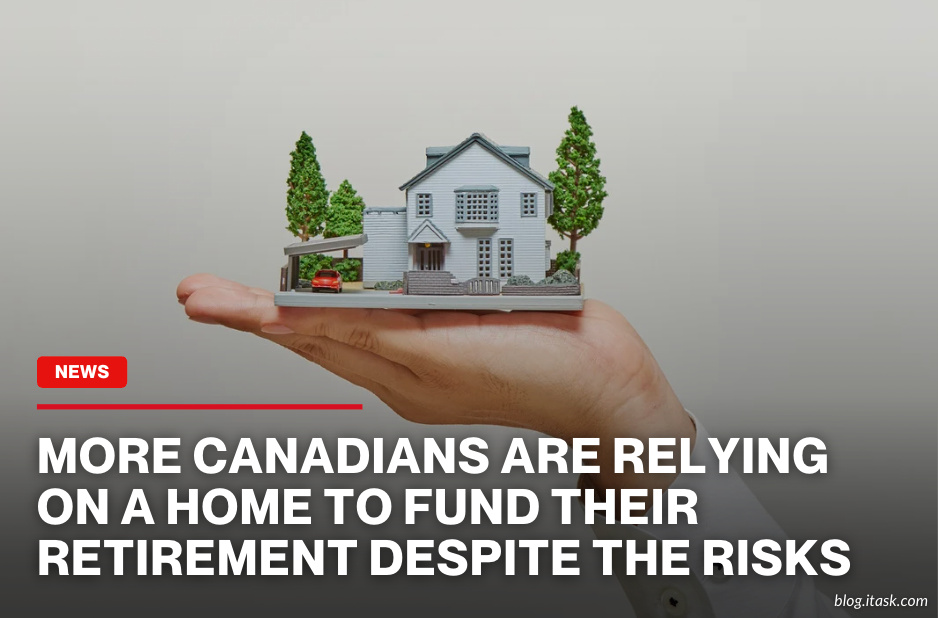More Canadians are relying on a home to fund their retirement despite the risks
More Canadians are relying on a home to fund their retirement despite the risks

More Canadians are turning to their homes as a way to help pay for retirement, even as this strategy comes with growing risks. A recent survey found that about 44 per cent of homeowners say they plan to rely on selling their house or using its equity when they retire. Many believe their home is their biggest asset, so tapping into its value seems like a natural move.
One way people do this is by downsizing, moving to a smaller or less expensive home to free up cash. Others consider reverse mortgages, or even renting out parts of their existing home. Using a home in this way can allow retirees to stay in familiar surroundings while getting extra funds. But the decision is complex, and not everyone understands all the implications.
There are serious risks involved. Housing markets can drop, meaning the home you counted on might be worth less than expected. Costs of maintenance, taxes, insurance, and other home ownership expenses also keep rising, eating into the money you thought you might have. If major repairs are needed, that can quickly drain savings instead of boosting them.
Another concern is that life expectancy is increasing, but many people do not plan for very long retirements. Running out of money is a real possibility, especially if health care costs pile up or unexpected expenses emerge. Over reliance on one asset, like a house, may leave fewer options if circumstances change.
Still, for many Canadians, housing equity feels safer than the uncertainty of stock markets or other investments. Some feel emotionally tied to their home and prefer to use its value rather than selling off other holdings. Yet experts warn that a balanced plan is usually better, combining savings, investments, pensions, and any home equity rather than leaning heavily on any single source.
It may help if Canadians thinking this way get better information and advice. Talking to financial planners, getting realistic home value estimates, and understanding costs clearly are key. Adjusting expectations, preparing for unexpected market shifts, and having backup plans could make relying on a home less risky. Retirement should feel secure, not fragile.
